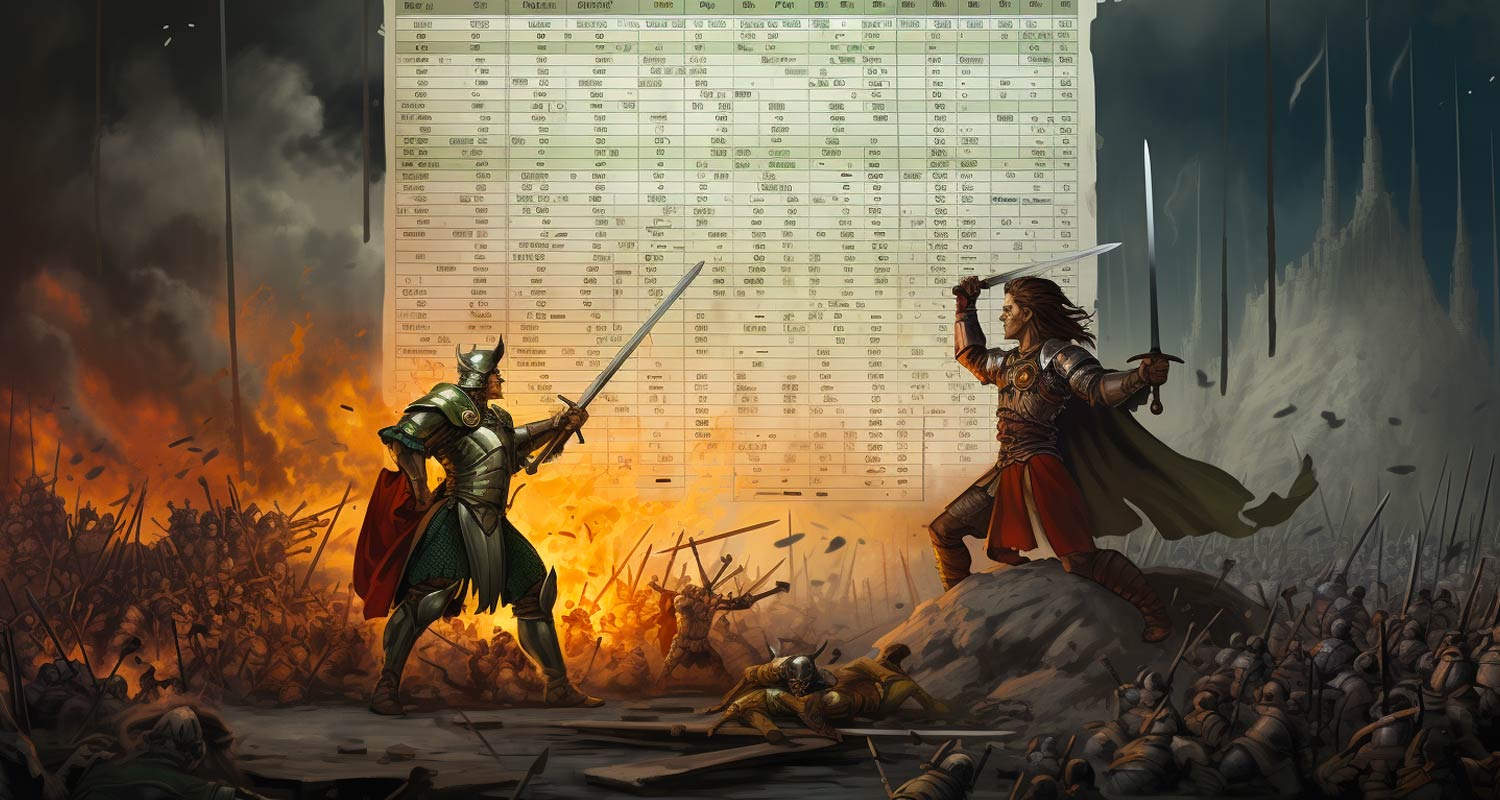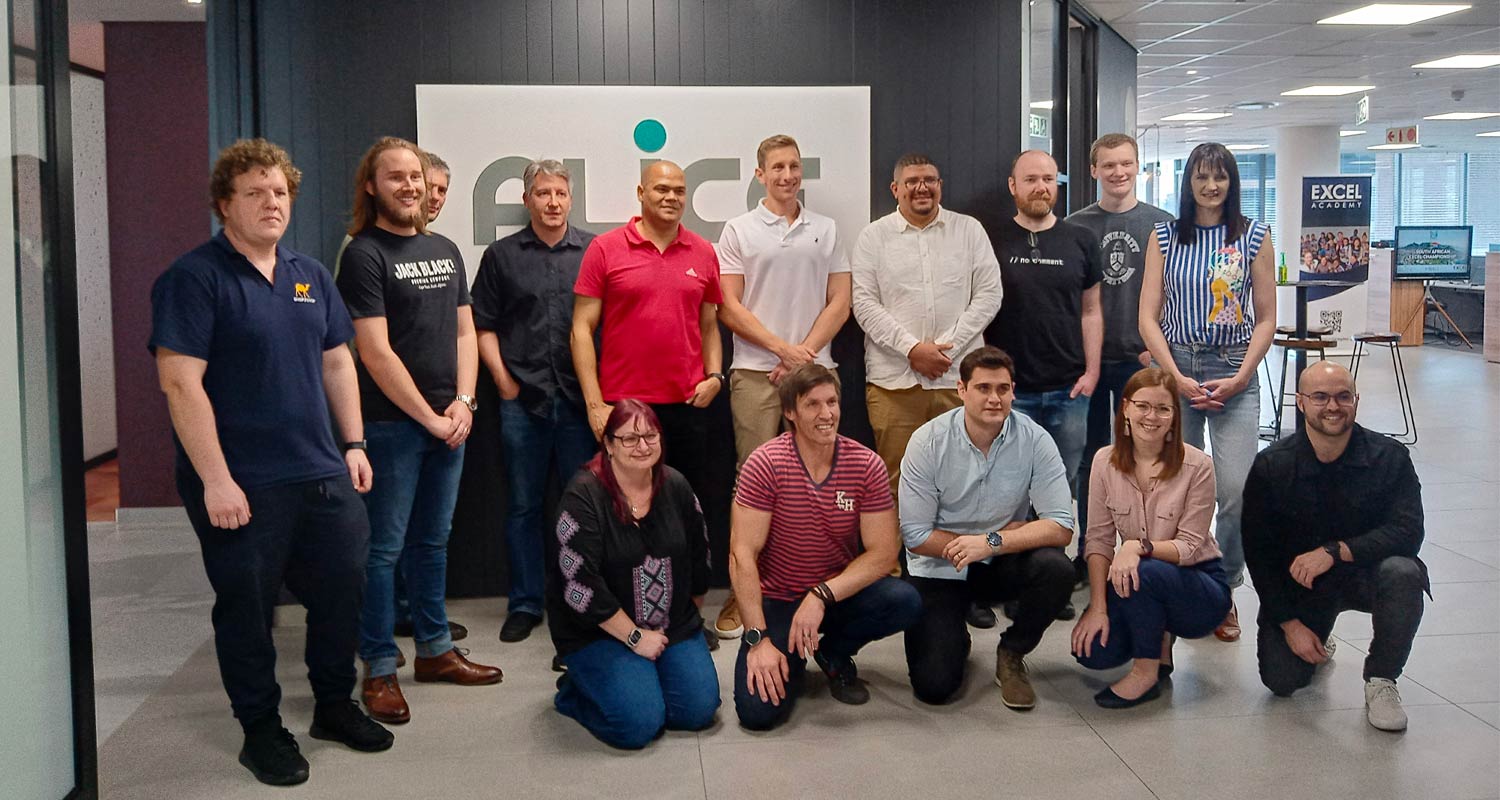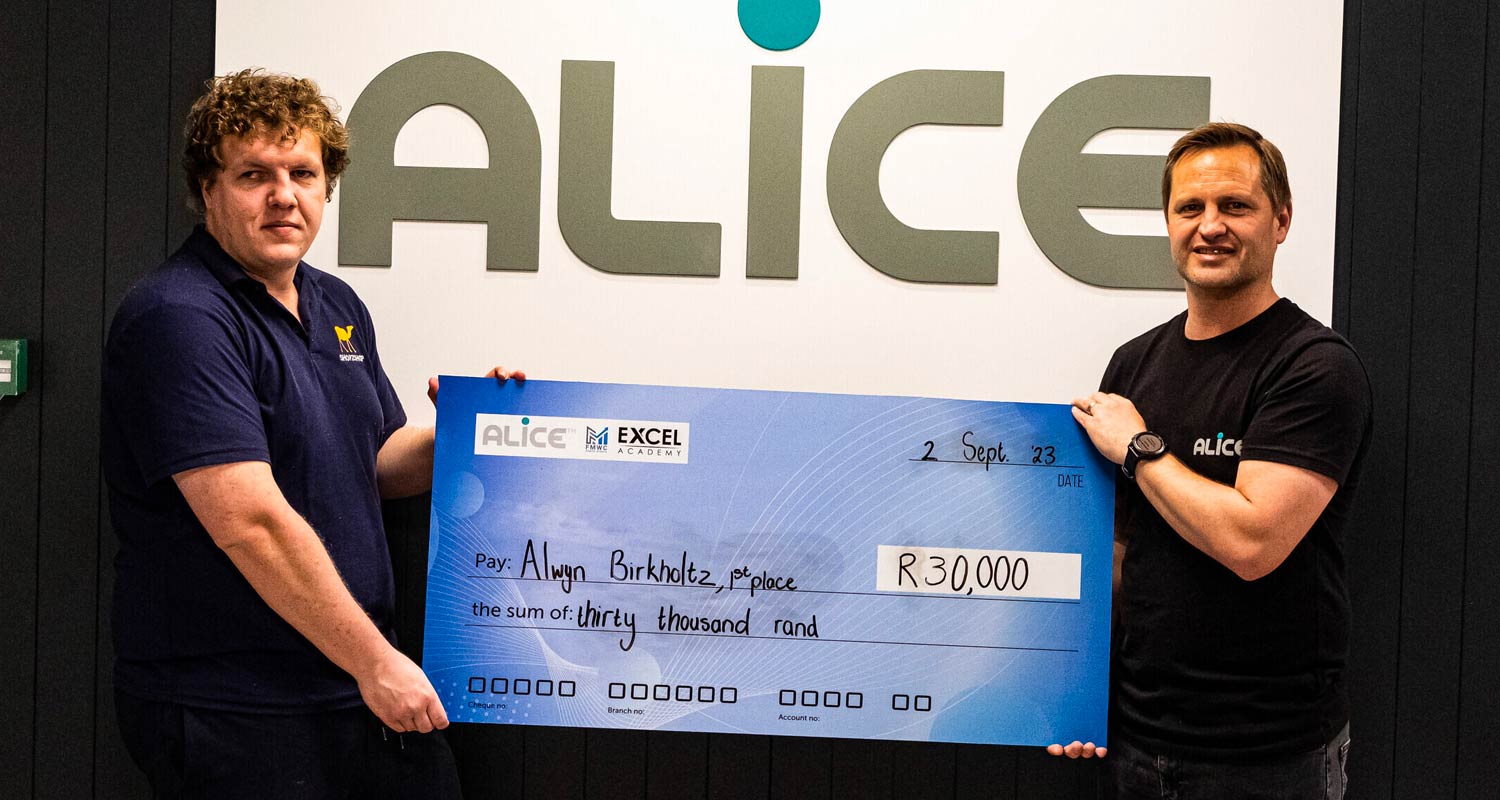 Electronic sports, or e-sports, come in a variety of forms and flavours. Many tend to be virtual translations of physical sporting activities. But in an ode to originality, the Bidvest Alice offices presented a uniquely styled, high-intensity tournament for the numerically fit by hosting South Africa’s inaugural Excel Championship finals in Sandton last weekend. TechCentral was there.
Electronic sports, or e-sports, come in a variety of forms and flavours. Many tend to be virtual translations of physical sporting activities. But in an ode to originality, the Bidvest Alice offices presented a uniquely styled, high-intensity tournament for the numerically fit by hosting South Africa’s inaugural Excel Championship finals in Sandton last weekend. TechCentral was there.
“It is wonderful to see so many clever people together in one room, so many masterminds of industry from all walks of business: actuarial science, finance, chartered accountants – even some Excel trainers and university students,” said host and games master Renier Wessels.
A CA by profession, Wessels founded the South African chapter of the Financial Modelling World Cup (FMWC) Excel Championship to bring like-minded individuals together, challenging them intellectually while developing their Excel skills and opening them up to networking opportunities.
“For me it’s a passion project because I absolutely love and adore Excel and the format of this competition,” said Wessels.
The passion he articulated shone through in the enthusiastic demeanour of the contestants, as they entered the competition arena on the second floor of an open-plan office space in Bidvest’s Sandton headquarters. Apart from the rows of desks representing the battleground, a kitchen overflowed with drinks and snacks to keep participants energised, while a lounge area with a tennis table was available for some relaxing R&R between competitive rounds.
With a total prize fund of R50 000 up for grabs, the excitement in the air was thick with competitive angst. Contrary to games that emphasise physical intensity, however, its expression was not to be found in protests about illegal tackles or unfair refereeing. Instead, these numerical acrobats vented their frustrations through meticulous appraisals of the technical issues hindering their progress.
Spreadsheet warriors
“I actually had 27 minutes instead of 30 in that round because my computer is so slow,” said University of Pretoria third-year accounting student Pieter Pienaar at the end of the first round. “If I win, I am definitely getting a new laptop.”
Pienaar previously placed 12th in the world in the international finals of the collegiate version of the Excel Championship. Testing himself against working professionals, he said, would show him if he is as good as he thinks he is.
“I had a similar issue in the previous leg because my laptop uses Excel 2010 instead of the latest version, and all I could see were random lines on the screen,” industrial engineer Gerhard Appelgryn chimed in. “I had to start over on a different machine just to see the question properly.”
Read: AI-infused Office will cost companies more – much more
Effective time management is a crucial skill in Excel games since contestants only have 30 minutes to answer a series of tough questions around a given problem.
“You must decide on your strategy quickly. Are you going to focus on doing a few questions really well, or will you spread yourself out and attempt the bonus questions, too?” said Sebastian Taai, a finals contestant who has worked in finance for nearly 20 years. While most of the contestants had a leaning towards financial vocations, they varied widely in age and professional experience.

Players could score extra points if they answered bonus questions correctly, since these have a stronger weighting on the final score. However, being significantly harder to solve means that bonus questions take longer to complete. A local spin was woven into the questions for the South African leg of the tournament to make them more relatable to the participants.
“The five cases that we had this year were ‘Rugby World Cup’; a South African version of Snakes and Ladders called ‘Steppies and Pofadders’ and ‘Clock Solitaire’, by Jason Webber. ‘Steyn City’ by Steyn Wolmarans essentially centred on load shedding, and the final case was called the ‘Mzansi Hotel Group’, which centred on hotel occupancy numbers,” said Wessels.
Of the 14 participants who started the final leg of the championship race, 10 were eliminated in the first round. Participants who ranked in the top eight all received entry tickets to the international version of the FMWC Microsoft Excel World Championship, starting 7 October, with the finals to be held in Las Vegas in the US on 9 December.
Travel is a key aspect of the e-sport, and although the prior legs of the South African games were held online, two of the contestants, Ryno Burger and Reece Adams, flew in from Port Elizabeth and Cape Town, respectively, for the finals. Adams, who scored highest in the first round of the day, gave TechCentral insight into his motivation for entering the competition.
“The games are a good introduction to a practical professional skill and a fun way to learn something extremely useful,” said Adams. He shared some of the ways that he uses Excel as a decision-making tool in his personal life as well. “My wife and I used Excel to choose a venue for our wedding. We decided what was important to us – affordability, accessibility for our elderly grandparents, and the impact the venue’s aesthetics would have on the quality of our pictures. We entered all these into a spreadsheet and gave them a weighting to get to our final answer. My wife also uses Excel to track the plants in our garden,” Adams said.
The competition’s role in furthering Excel education has two benefits, each of which feed into larger ecosystems in unique ways. The first links directly to employment and employability by boosting participants’ skill levels and, through competition with best in the world, sharpening their ability to gauge their competence and give an honest appraisal of themselves to prospective employers.
Benefits
Adrian Mirich, founder of Excel training academy AuditExcel and a spectator at the finals, said he routinely comes across skills mismatch problems in his business. “A group comes in for advanced training because they each self-report that they are at intermediate level. Most people say that because they are as good as, or maybe better, than the guy they sit next to at the office.
“But during the training session, we find that most of the group actually needs more foundational training and maybe only one of the guys is really at an advanced level, meaning the training becomes a huge waste for the companies who paid for it,” said Mirich.
Read: South Africa gets first AWS skills centre outside the US
The second benefit stemming from the educational component of the games speaks to the general problem-solving capabilities that participants develop by taking part, which are divorced from Excel as an implementation tool.
“Excel is not going anywhere because it is so versatile, but I have seen guys do far more than I can do with it with pen and paper,” said contestant Alec Candiotes, also a CA by profession. “It is not the tool that does the thinking, it is your mind.”

The finest mind on the day was Alwyn Birkholtz, a data analyst from Cape Town, who took home R30 000 for placing first in the tournament. Accounting student Pieter Pienaar, who placed second overall, won R10 000 to put towards his new laptop. Voyagers Ryno Burger and Reece Adams, who came third and fourth, respectively, each took home R5 000 for their efforts.
“After coming first in the initial round, I could only go downhill from there,” Adams said, to which the crowd responded with wholehearted laugher. “I got to pay for my flight, which was my plan all along,” said Adams.
“I thought the event was highly successful for its first iteration and we can only go from strength to strength from here. We already have sponsors lined up for next year and a lot of social media following, so it looks like we are growing. What I hope to see in the next iteration is a doubling in sponsorship and participation numbers, a bigger team to help us with case design, some new ideas, and more South African cases coming to the fore,” Wessels said. – © 2023 NewsCentral Media




